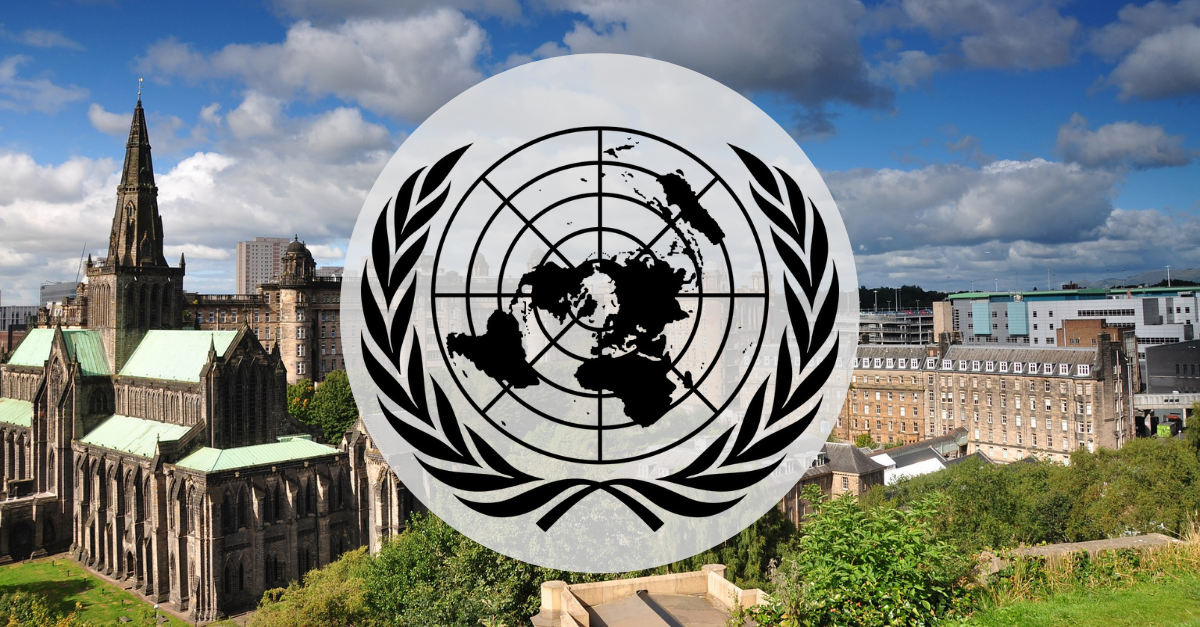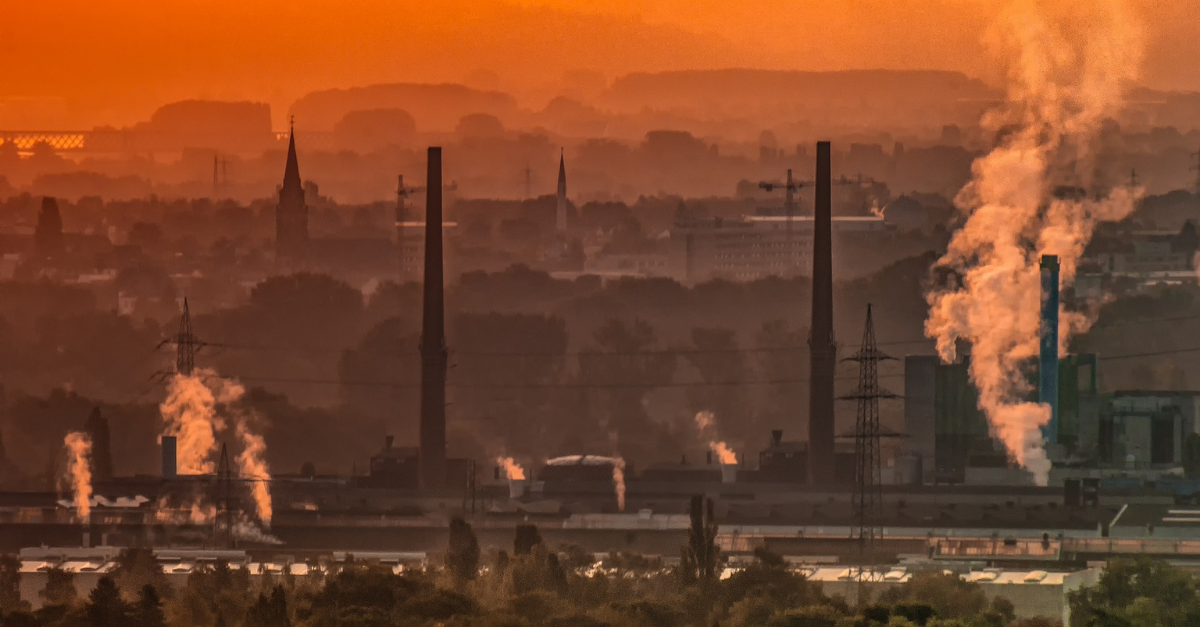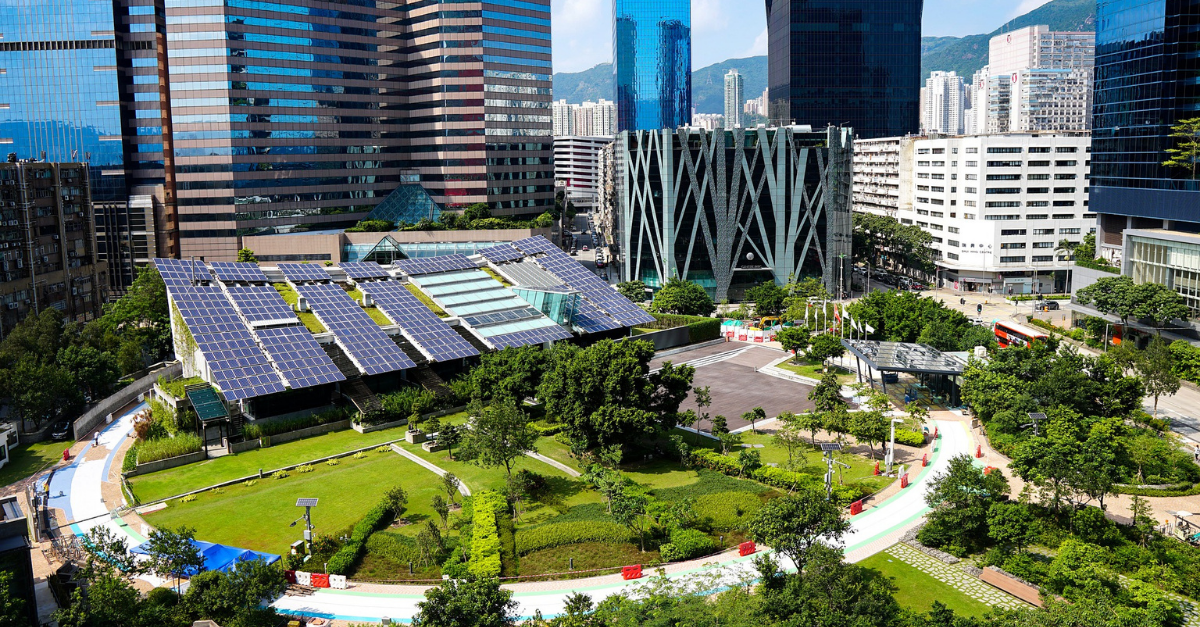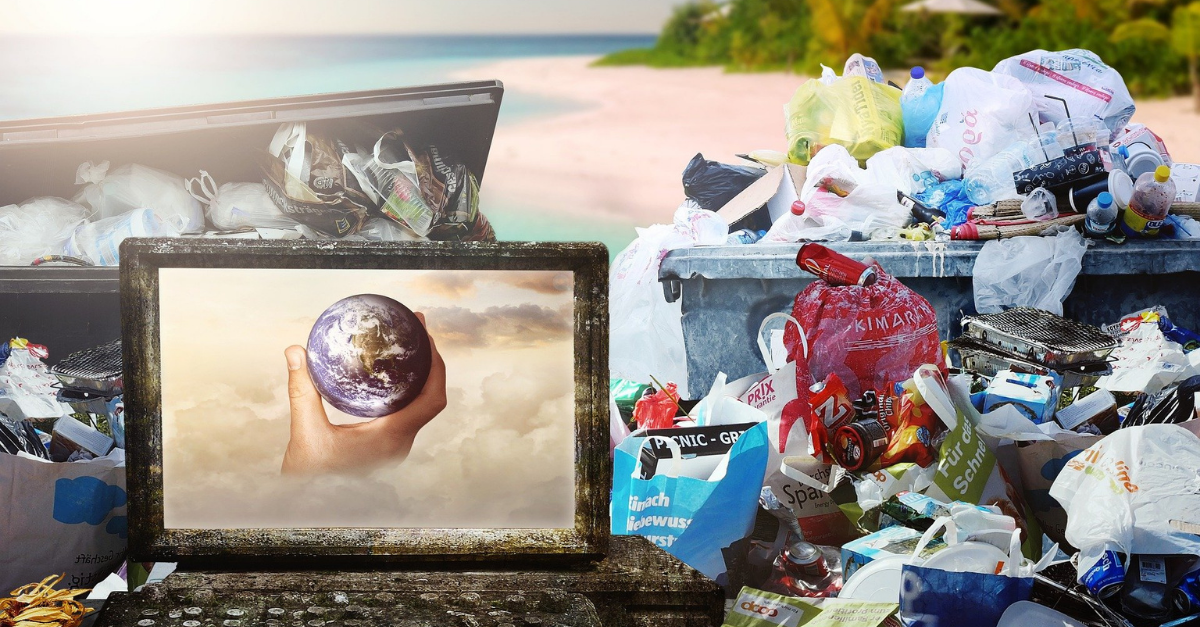We use cookies to make your experience better. To comply with the new e-Privacy directive, we need to ask for your consent to set the cookies. Learn more.
Everything you need to know about COP26

After being postponed due to COVID-19, the COP26 (Conference of Parties) climate discussion is due to take place between October 31st and November 12th 2021 in Glasgow, Scotland. 30,000 UN leaders and decision-makers will gather at the Scottish Event Campus (SEC) to set goals surrounding the global fight against climate change.
COP26 will be the 26th conference since the United Nations Framework Convention on Climate Change (UNFCCC) treaty was agreed on in 1994, and is centred around reducing CO2 emissions with the intent of slowing the rate at which climate change is progressing.
What has the COP done so far?
The largest recent piece of legislation to come from the COP UNFCCC meetings was the Paris Agreement, which saw 197 parties sign a legal agreement committing them to address climate change in the Paris-based COP21 meeting of 2015. The US initially adopted the agreement, however left during Donald Trump's presidency before re-joining this year under Joe Biden.
The Paris Agreement had three key aims:
- To hold the increased global average temperature to well below 2 °C above pre-industrial levels, recognizing that this will reduce the risks and impacts of climate change
- Adapt to the adverse impacts of climate change, whilst fostering climate resilience and low greenhouse gas emissions, in a manner that does not threaten food production
- Making finance flows consistent with a pathway towards low greenhouse gas emissions and climate-resilient development
The countries adopting the treaty were allowed to self-determine the contributions they should make to achieve the goals set out in the agreement, however, article 3 of the Paris Agreement states that said contributions must be deemed as "ambitious efforts" towards "achieving the purpose of this Agreement" and to "represent a progression over time". The contributions must be set and registered with the UNFCCC every five years, with each climate declaration required to be more ambitious than their predecessors.
This year’s COP26 will assess the effectiveness of the climate-conscious changes declared by each of the 197 participants five years ago, and aims to collaboratively improve the general wellbeing of both climate and planet whilst pushing each party to commit to further climate-conscious actions.
What have countries committed to for the Paris Agreement?
Previously the EU committed to a minimum of 40% reduction in greenhouse gasses by 2030, with this commitment including the UK. However, now acting as its own entity the UK plans to commit to a 68% emissions cut by 2030. Other countries have similar focuses, ranging from 15-30% reductions in harmful emissions, deforestation regulations, and committing to renewable energy solutions.
Unfortunately, it has been reported that even if every country was to succeed in their initial pledge, there still would not be enough collaborative change to keep the world below the original 2 °C target that was so vital to the Paris Agreement legislation. This has heavy implications for the outcomes of this years COP26, and we are predicting some significant pledges from participants in an attempt to get the Paris Agreement back on track.
What does COP26 mean for businesses?
As stated above, each country will likely commit to bolder and more ambitious legislation surrounding the global rate of emissions.
It’s difficult to know which specific sectors will be targeted in the attempt to decrease global gas emissions, but a 2019 study of greenhouse gas emissions in the US conducted by the United States EPA can shed some light on the major contributors, and subsequently where may be targeted to reduce environmental impact.
The study reported that transportation was the highest contributor of greenhouse gasses at 29%, shortly followed by electricity production (25%) and the somewhat vague category – ‘industry’ at 23%, which was later clarified as emissions as a consequence of burning fossil fuels for energy, coupled with the emissions associated with mining, producing, and refining raw materials.
Reducing the number of raw materials harvested may well be a key point of contention for future COP and Paris Agreement legislation since they not only make up a large portion of greenhouse gasses but also significantly contribute to the over-harvesting of natural resources. With Earth Overshoot Day coming earlier and earlier each year, we are seeing an increase in efforts to recycle and remanufacture existing goods to mitigate the current demand on nature.
Remanufacturing programmes such as Cisco Refresh target sectors where natural resources like copper and gold are in high demand, and provide a service centred around the reuse and repurposing of these materials to significantly reduce the need to harvest more.
With COP26 getting closer every day, we predict that the commitments to decrease emissions will take a tangible form in a push for firmer recycling and remanufacturing legislation.









